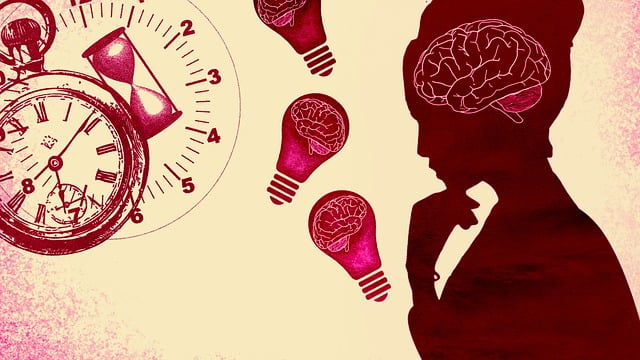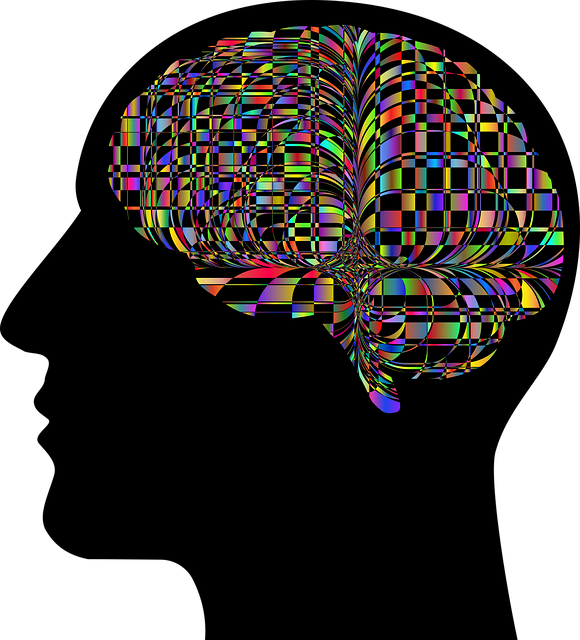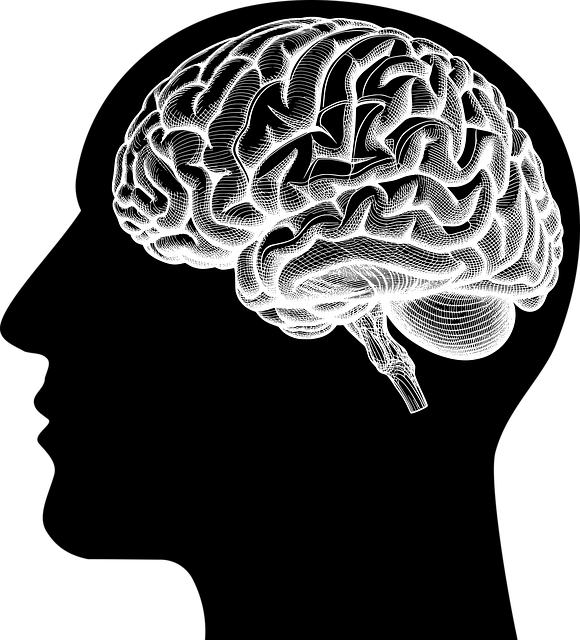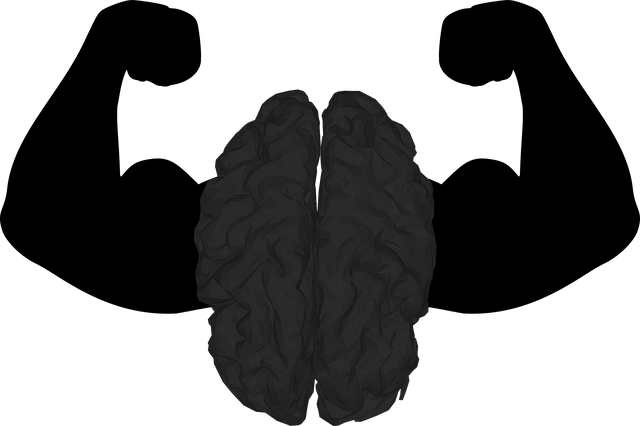Dissociative Disorder (DD) is a complex mental health condition characterized by identity disruptions and distorted perceptions of reality, requiring specialized therapy. Evidence-based approaches like trauma-focused CBT, confidence-boosting techniques, journaling, and support groups address underlying traumas, promote emotional healing, and improve overall well-being. Beyond traditional therapy, holistic strategies such as open communication, self-care routines (e.g., mindfulness, exercise), stress management, and healthy habits empower individuals to effectively manage DD symptoms.
Mental wellness promotion is a multifaceted approach that goes beyond traditional therapy. This article delves into essential aspects of supporting individuals with dissociative disorder, a complex mental health condition. We explore understanding dissociative disorder, its symptoms, and diagnostic criteria. Furthermore, we examine the role of therapy in managing this disorder effectively. Additionally, discover innovative strategies for promoting mental wellness beyond conventional therapy, emphasizing holistic care. By combining these methods, we aim to enhance the well-being of those affected by dissociative disorder.
- Understanding Dissociative Disorder: Symptoms and Diagnostic Criteria
- The Role of Therapy in Managing Dissociative Disorder
- Strategies for Promoting Mental Wellness Beyond Traditional Therapy
Understanding Dissociative Disorder: Symptoms and Diagnostic Criteria

Dissociative Disorder (DD) is a complex mental health condition characterized by disruptions in an individual’s sense of identity and connection to their surroundings. It often involves a splitting or dissociation from one’s thoughts, memories, emotions, and feelings, leading to a distorted perception of reality. This disorder can manifest in various symptoms, making it crucial for professionals to have a comprehensive understanding during diagnosis.
The diagnostic criteria for DD typically include episodes of amnesia or gaps in memory for important personal information, depersonalization/derealization (feeling detached from oneself or the environment), and disassociative episodes where individuals feel detached and outside their bodies. These symptoms significantly impact daily functioning and are distinct from normal coping mechanisms. Therapy for Dissociative Disorder often involves specialized approaches such as trauma-focused cognitive behavior therapy, which aims to address underlying traumatic events, promote emotional healing processes, and develop effective coping strategies. Additionally, confidence-boosting techniques, mental wellness journaling exercises guidance, and support groups can aid individuals in managing symptoms and improving their overall well-being.
The Role of Therapy in Managing Dissociative Disorder

Therapy plays a pivotal role in managing Dissociative Disorder, offering individuals valuable tools to navigate and overcome their symptoms. This complex mental health condition, characterized by a disruption in an individual’s sense of identity and reality, requires specialized care. Professional therapy provides a safe space for patients to explore the underlying causes of dissociation, often stemming from traumatic experiences. Through various therapeutic approaches, such as cognitive-behavioral therapy (CBT) or trauma-focused therapies, individuals can learn to regulate their emotions, improve their sense of self, and develop healthier coping mechanisms.
Incorporating evidence-based practices like stress management workshops, mood management strategies, and compassion cultivation, therapy empowers patients to take control of their mental wellness. These sessions enable clients to understand the connection between past traumas and present-day symptoms, fostering a path towards healing. With dedicated support, individuals with Dissociative Disorder can regain a sense of stability, enhance their ability to manage stress, and cultivate a deeper sense of compassion for themselves, ultimately improving their overall quality of life.
Strategies for Promoting Mental Wellness Beyond Traditional Therapy

Promoting mental wellness isn’t confined to traditional therapy sessions; it encompasses a holistic approach that involves various strategies tailored to individual needs. Beyond clinical interventions, fostering good mental health can include incorporating effective communication strategies, as open dialogue is key in building resilience and strengthening support networks. Encouraging individuals to engage in regular self-care routine development for better mental health is another powerful tool. This could involve activities like mindfulness meditation, regular exercise, or creative outlets, all of which contribute to stress reduction methods and overall well-being.
Additionally, teaching coping skills and encouraging healthy habits can significantly impact an individual’s mental wellness. Simple practices such as maintaining a balanced diet, ensuring adequate sleep, and setting realistic goals can empower people to better manage their mental health. By combining these strategies with appropriate therapy for dissociative disorder or other conditions, individuals can develop comprehensive tools to navigate life’s challenges more effectively.
Mental wellness promotion is a holistic process that goes beyond traditional therapy for dissociative disorder. While understanding symptoms and diagnostic criteria is crucial, integrating complementary strategies can significantly enhance recovery. The role of therapy remains vital, but incorporating mindfulness practices, social support networks, and creative outlets can foster a more vibrant tapestry of mental health. By embracing diverse approaches, individuals with dissociative disorder can embark on a journey of self-discovery and metamorphosis, ultimately revolutionizing their relationship with wellness.









